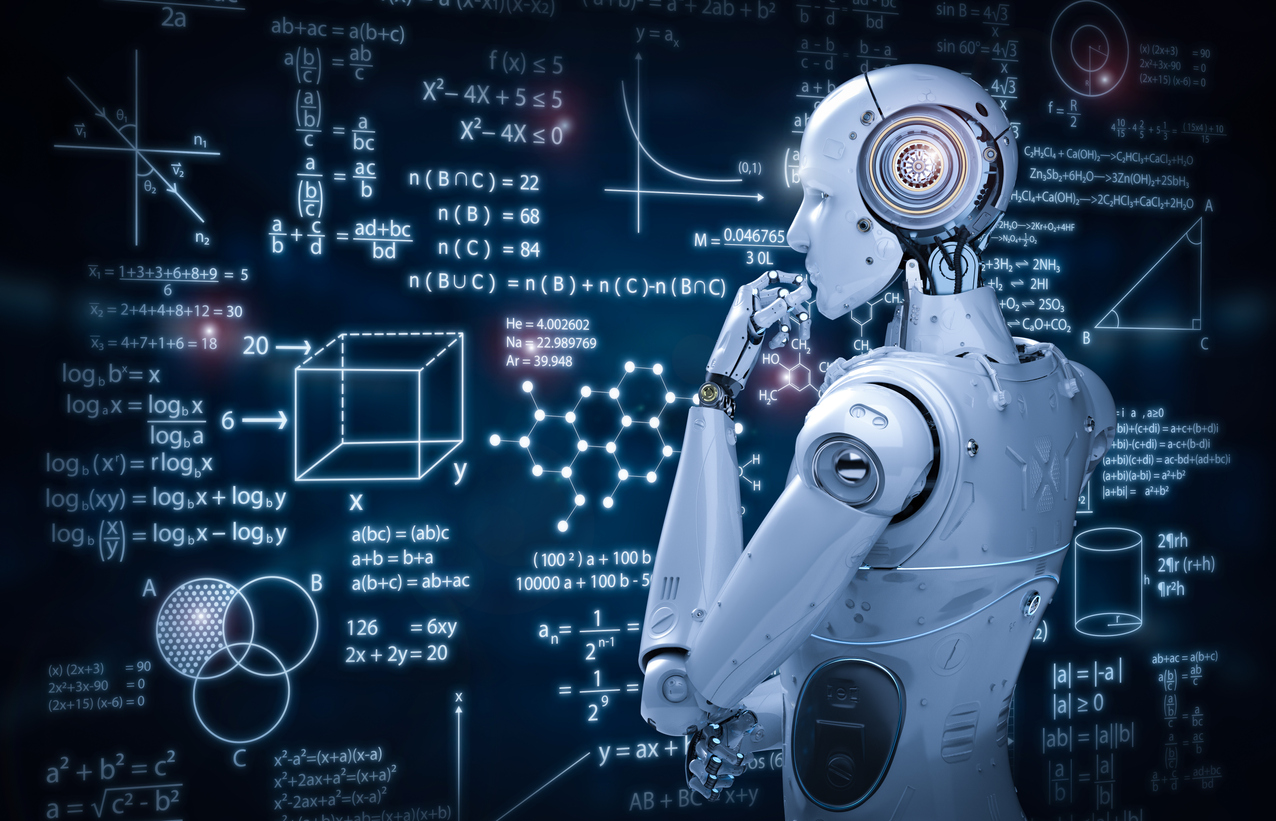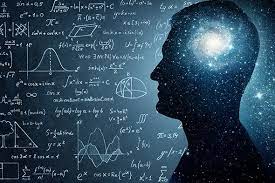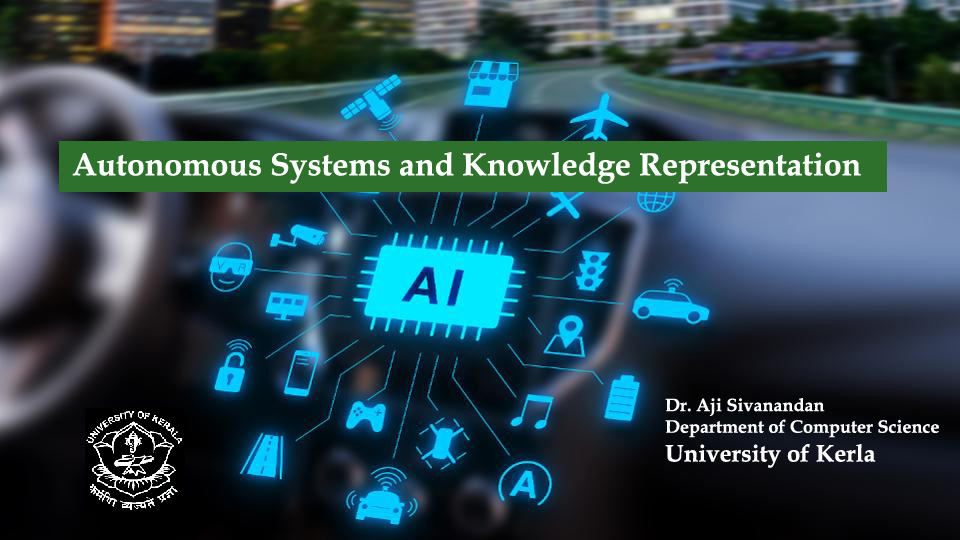
Entrepreneurial Skills and Scientific Writing
- Demonstrate the ability to plan, organize, and execute a project or new venture
with the goal of bringing new products and service.
- Develop skill set to carry out scientific research in the field of entrepreneurship.
- Prepare scientific reports and communicate the results in journal/conferences.
- Analyze and prepare research papers and literature review.
- Assess the commercial viability of new technologies, business opportunities.

Artificial Intelligence and Daily Life
- Demonstrate fundamental understanding of the history of artificial intelligence (AI) and its foundations.
- Demonstrate awareness and a fundamental understanding of various applications of AI techniques in intelligent agents, expert systems, Natural language Processing - machine learning models.
- Demonstrate an ability to share in discussions applications of AI, its current scope
and limitations.
- Apply basic principles of AI in solving daily life.

Social Network Analysis
Social Network Analysis involves collecting data from multiple sources (such as surveys, emails, blogs and other electronic artifacts), analyzing the data to identify relationships, and mining it for new information such as the quality or effectiveness of a relationship. Organizational network analysis is the form of Social Network Analysis that examines the information flow among individuals.
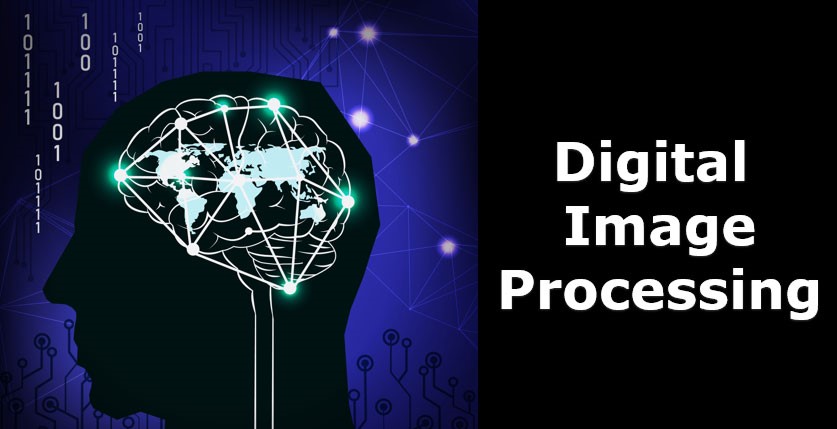
Digital Image Processing - Part II
Morphological operations: Dilation, Erosion, Opening and Closing; Applications: Boundary extraction - Boundary representation – Chain Code – Boundary descriptors - Regional Descriptors– Shape number – Fourier Descriptor.
Image Restoration: Noise models – Mean Filters – Order Statistics – Adaptive filters – Band reject Filters – Band pass Filters – Notch Filters – Optimum Notch Filtering – Inverse Filtering – Wiener filtering.
Image Segmentation-Edge detection, Hough transforms – Thresholding
- Region based segmentation – Region growing – Region splitting and merging –
Watershed segmentation algorithm.
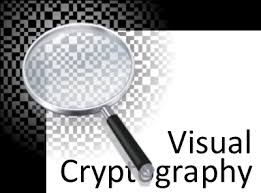
COS- DSE-625(iii) - VISUAL CRYPTOGRAPHY
1. Memorize about network security problems and cryptographic techniques.
2. Identify the need and importance of visual cryptography.
3. Demonstrate steganography and digital watermarking.
4. Demonstrate basic visual cryptographic models using halftone techniques.
5. Discuss the procedures for constructing visual secret shares.
6. Discuss about visual cryptography and share generation using color images.
7. Compare Basic Visual Secret Sharing schemes (Naor and Shamir's, Wu and Chen's scheme, Wu and Chang's scheme, etc.)
8. Compare Multiple secret sharing schemes in Visual Cryptography(Shyu et.al's scheme and Fenget.al's scheme).
9. Design ideas on visual cryptography and secret sharing methods.
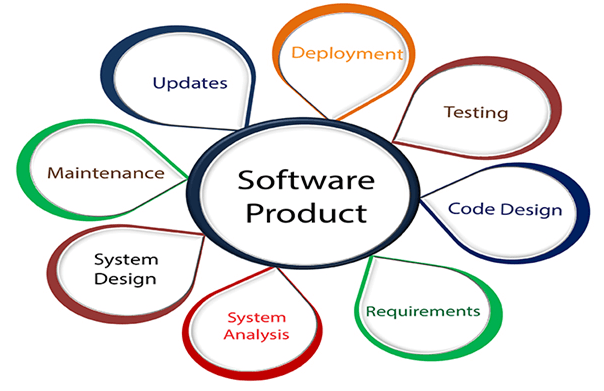
Software Engineering for Industry
Use micro services in software development and its application . Identify latest technologies including agile methodology and continuous
software development for software development relevant to software
engineering industry practice. Model an application following the agile software development process flow . Compare Traditional software development life cycle with Agile Software
development life cycle. Implement a simple application with micro services
CO6 Use advanced software engineering concepts, principles and best practices
applicable to software industry. Improve students’ skill in presenting their idea and findings to their peers by
studying, and reflecting on software engineering theory and practice. Apply knowledge gained in the course to guide the software requirements
engineering, analysis, design, and testing processes.
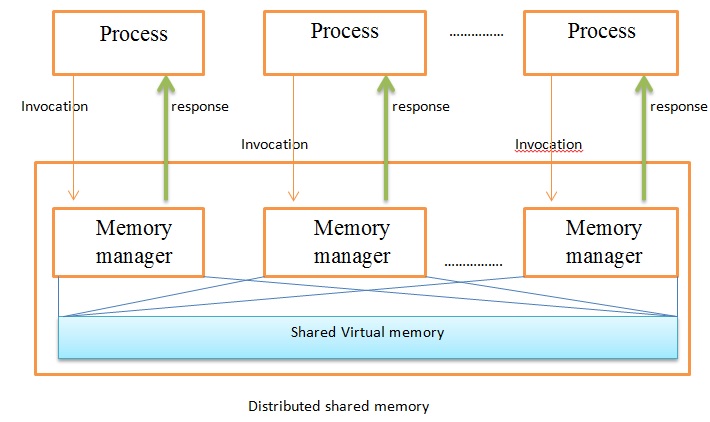
Distributed Operating Systems
Welcome to Department of Computer Science
This is first semester Course - Distributed Operating Systems
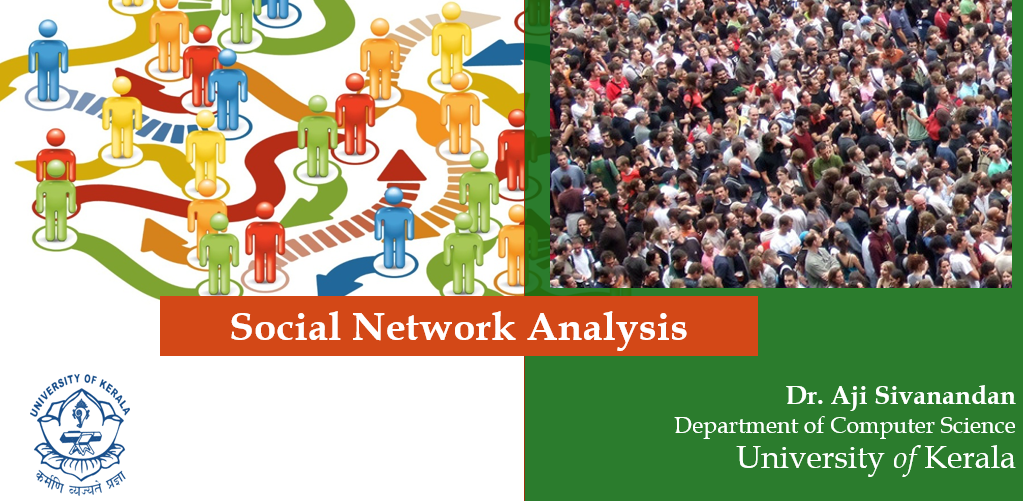
SOCIAL NETWORK ANALYSIS
The network formed through the direct or indirect interactions between the members in an entity can be called as social network. Those entity can be people, groups, institutions etc. The Social network analysis deals with the systematic study of the so formed network and its properties & characteristics. In the present scenario, SNA have a great potential in the application side because of the intensive use of social network and other medium for the communication.
This particular course will give you the concepts behind SNA and its applications.
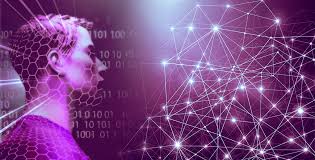
Deep learning
Deep learning is the machine learning technique behind the most exciting
capabilities in diverse areas like robotics, natural language
processing, image recognition, and artificial intelligence, including
the famous AlphaGo. In this course, you'll gain hands-on, practical
knowledge of how to use deep learning with Keras 2.0, the latest version
of a cutting-edge library for deep learning in Python.

Research Methodology
A brief introduction to research process, research design, research analysis, research writing, and publication, etc.
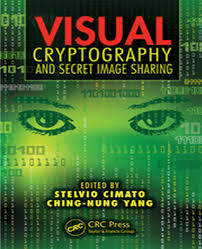
Visual Crytography
This course gives a brief introduction to the knowledge of Visual Cryptography and sharing schemes in Visual Cryptography.
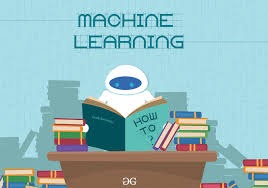
Mahine Learning
A brief idea about Machine Learning, Fuzzy Logic and Artificial Neural Networks.

